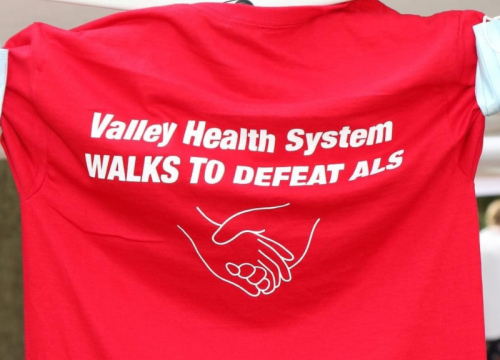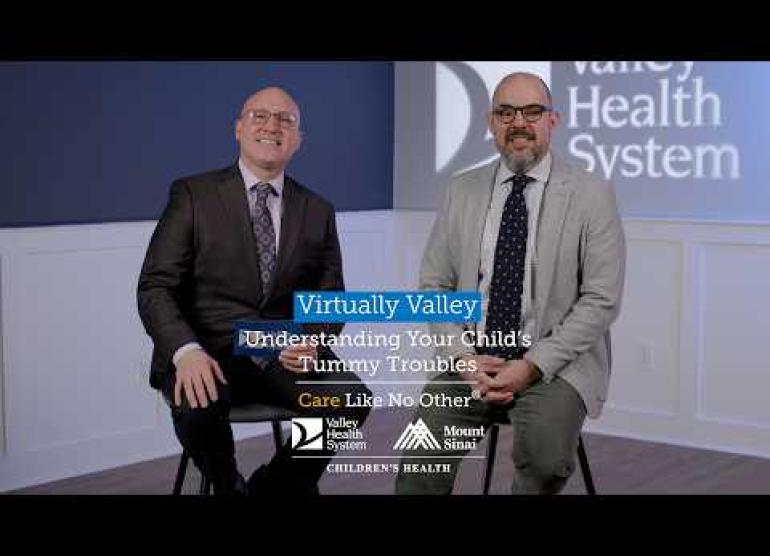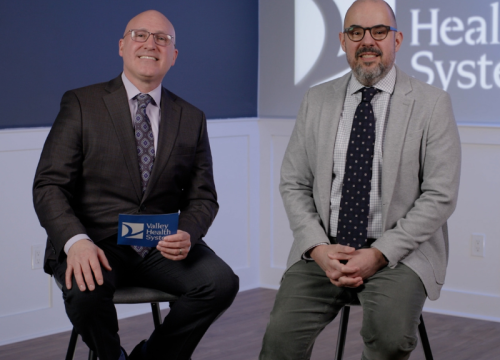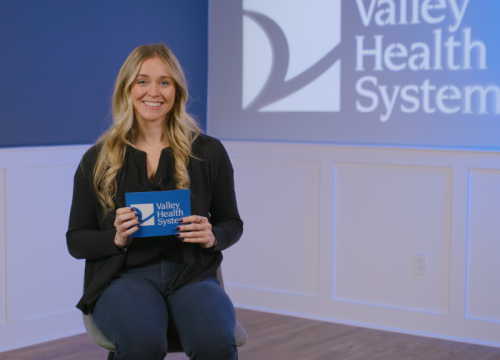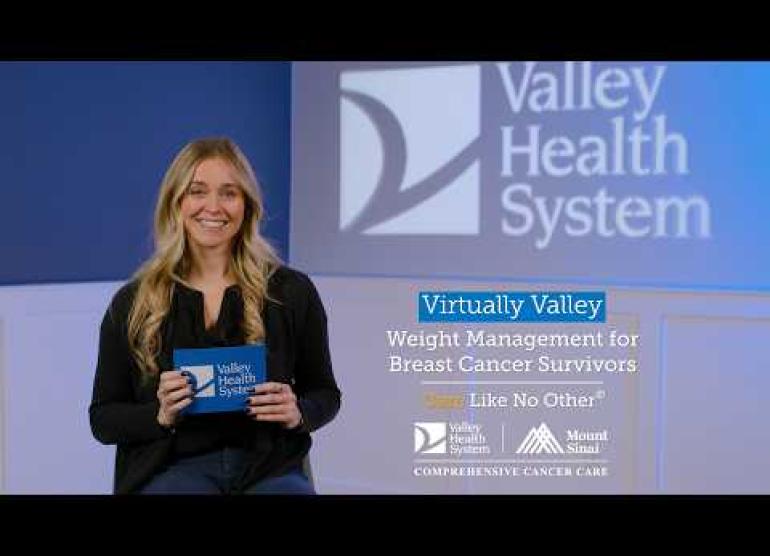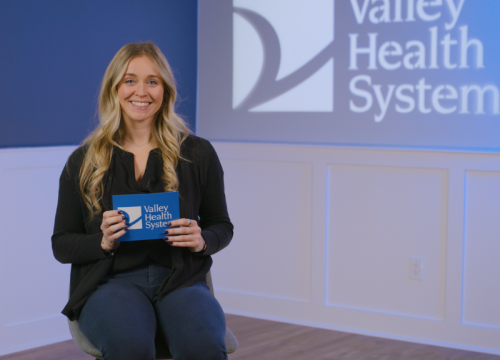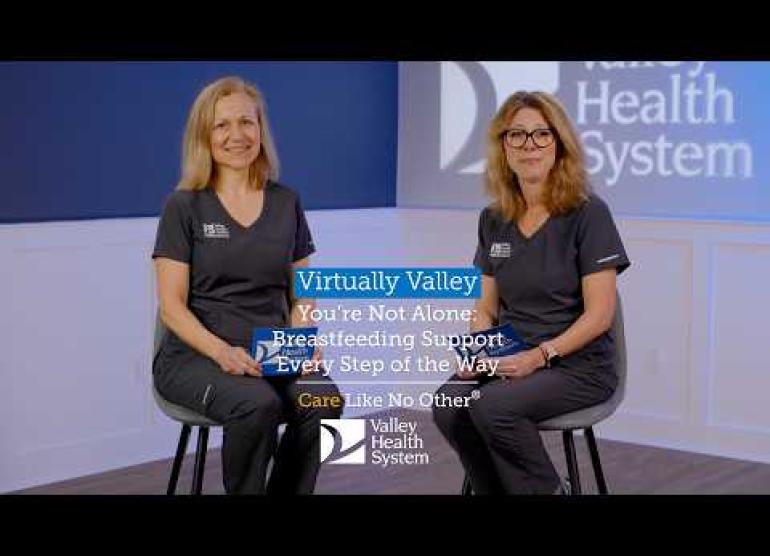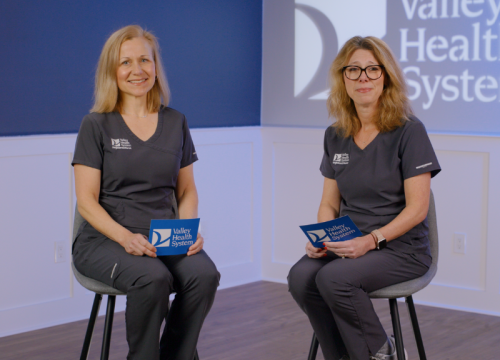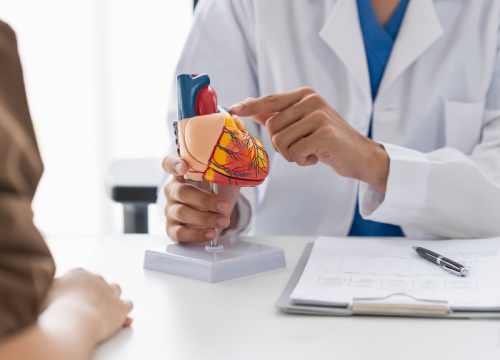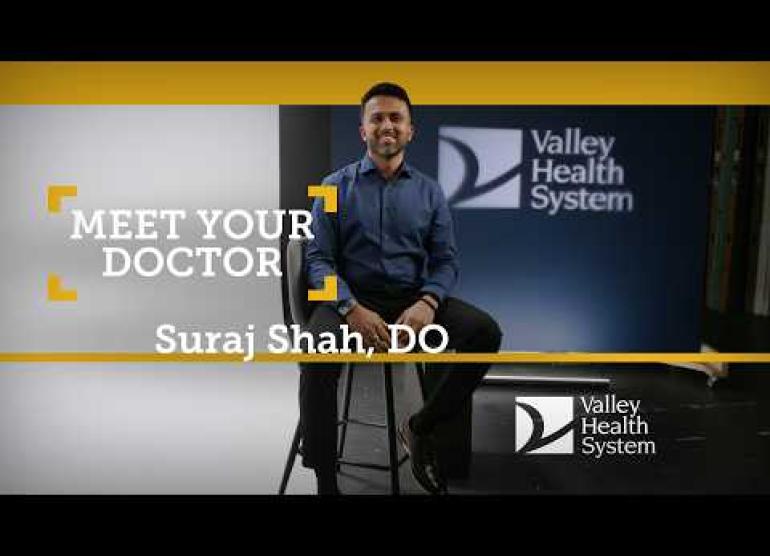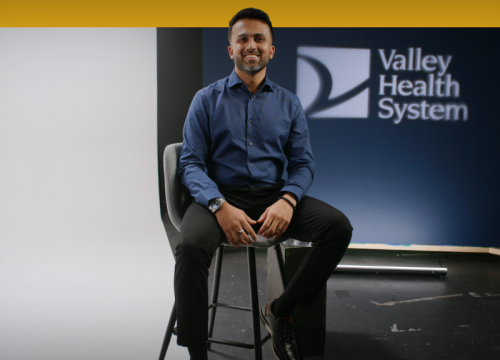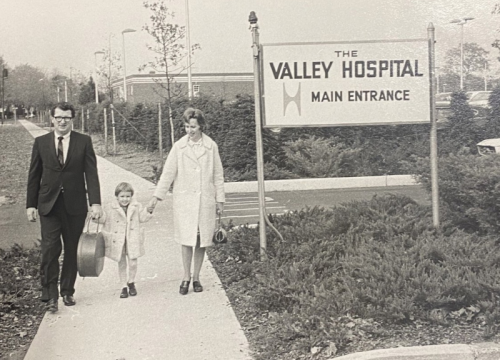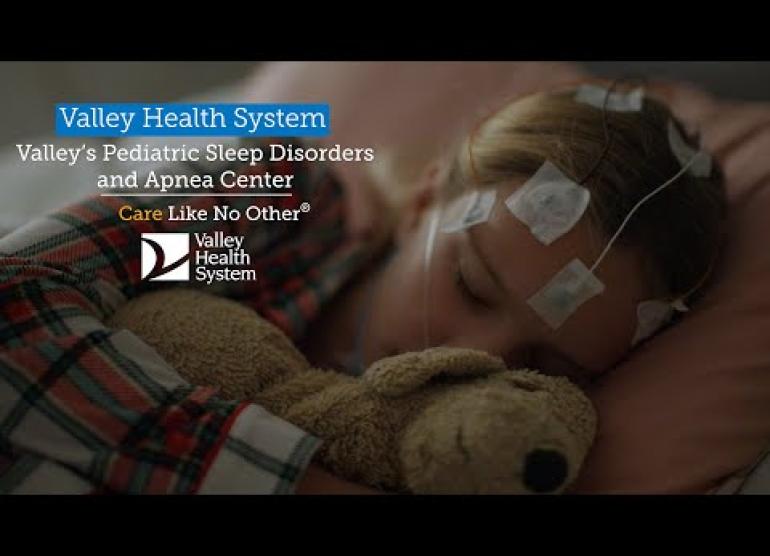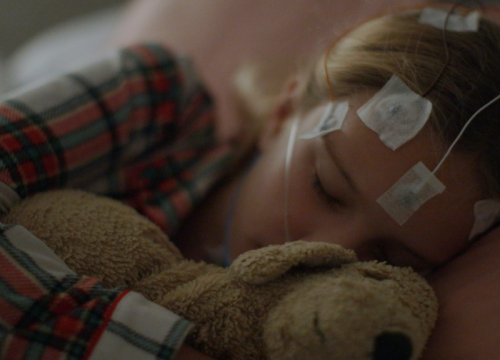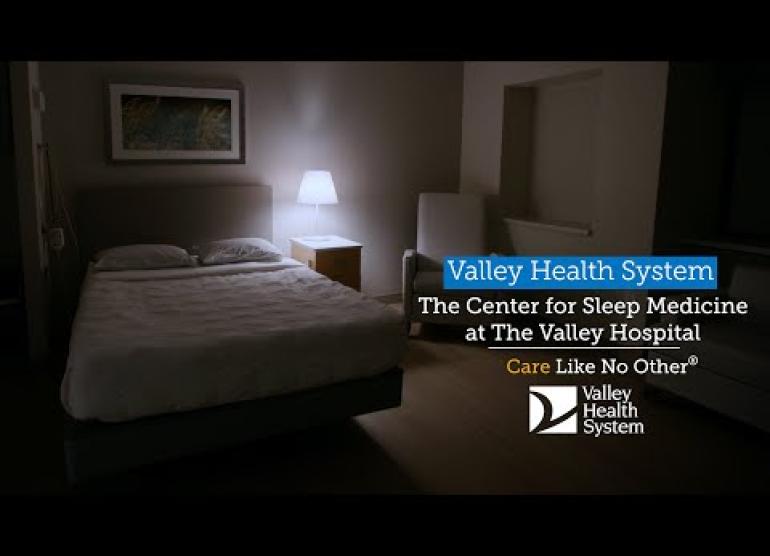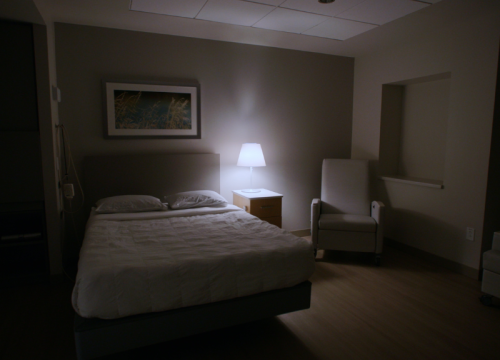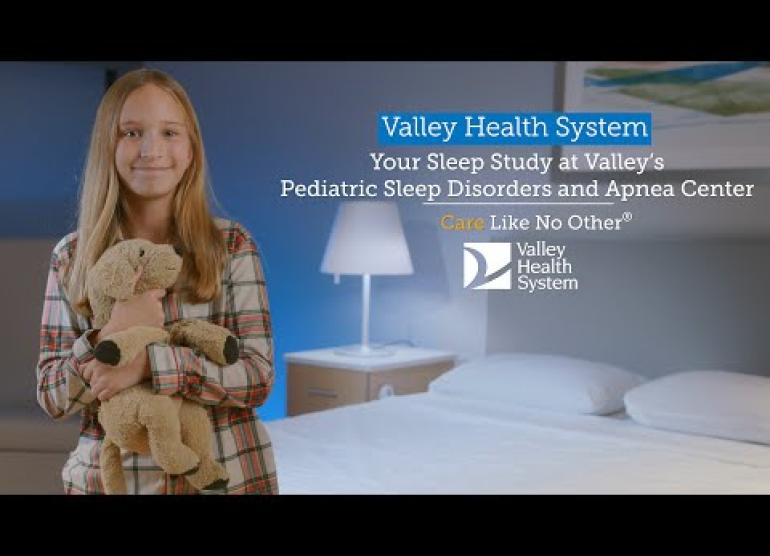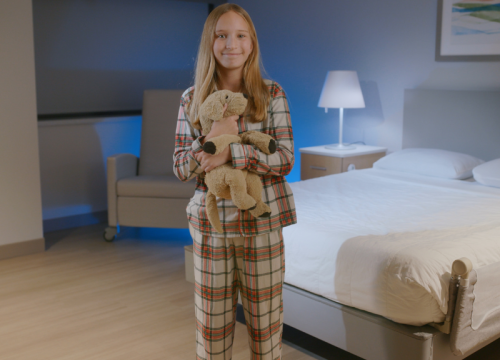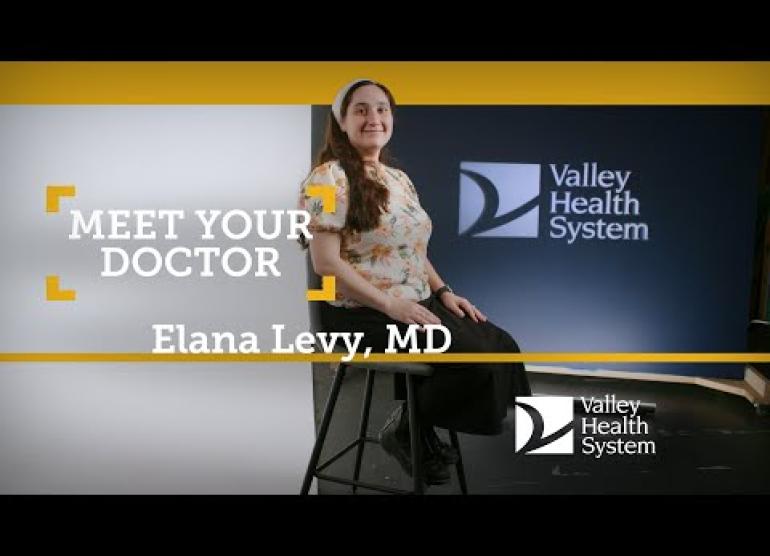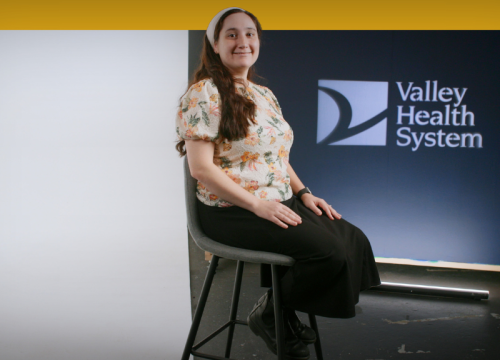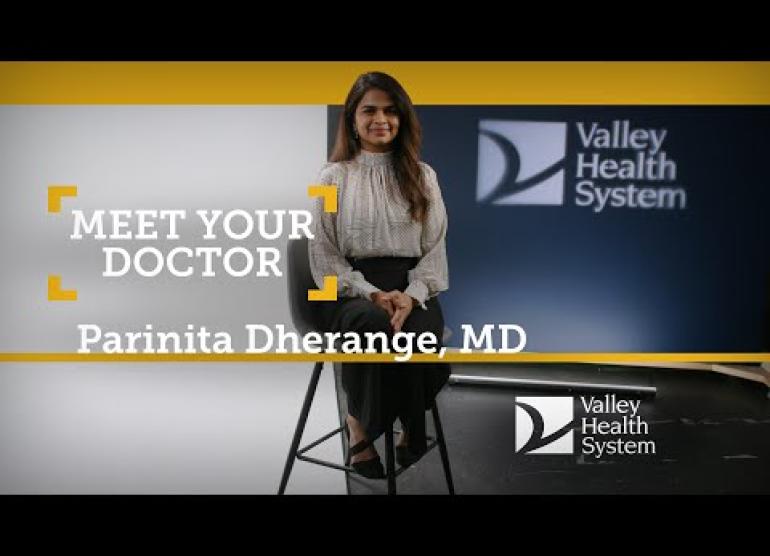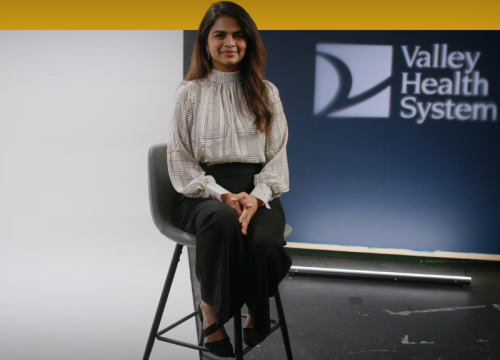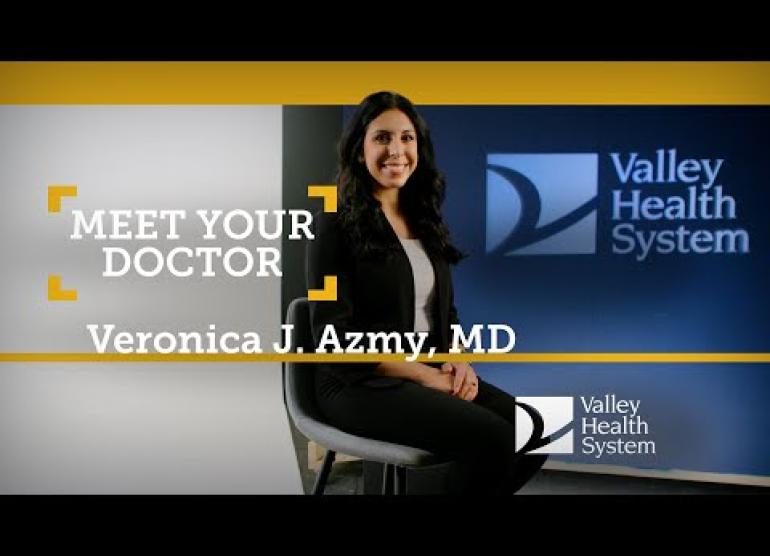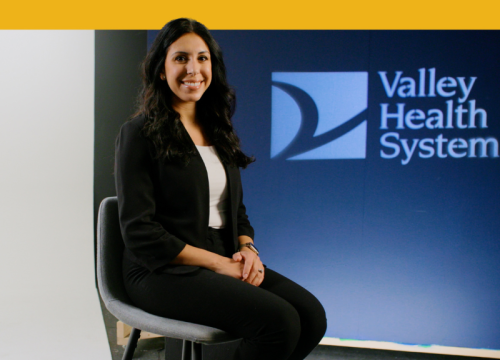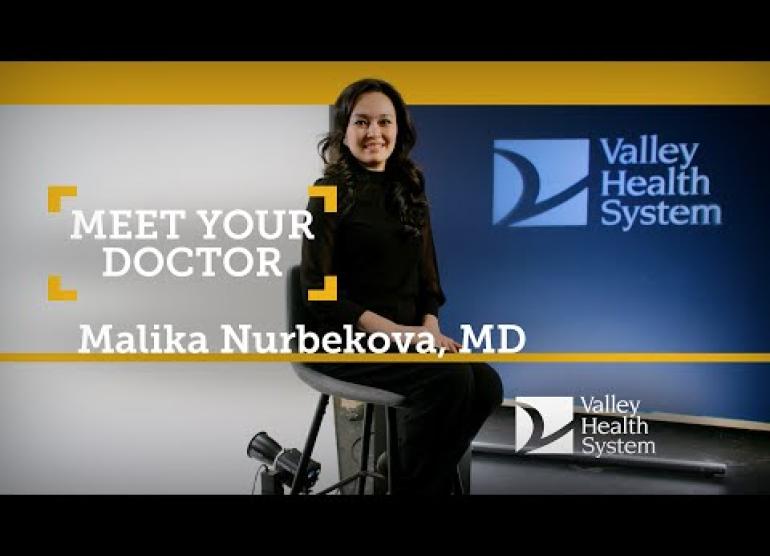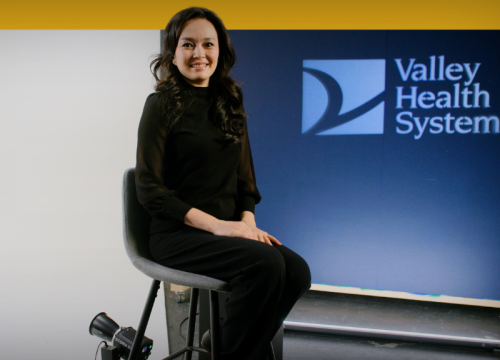An endoscopic retrograde cholangiopancreatography (ERCP) is used to study, diagnose and treat abnormalities of the ducts of the gallbladder, pancreas and liver. These ducts act as drainage channels for these organs and are sometimes called bile ducts or biliary ducts.
What to Expect
Preparing for your ERCP
Your doctor will give you specific instructions; however, in general, patients must not eat or drink anything, even water, after midnight. Your stomach must be completely empty. Tell your doctor about any medications you are taking and whether you are allergic to medications, latex, or intravenous contrast material. Since you will receive sedation, you must not drive yourself.
During your ERCP
ERCP may be performed as an outpatient procedure, or you may spend one night in the hospital. You will be given sedation. You may also be given antibiotics before the procedure. While you are lying on one side on an X-ray table, your physician will pass an endoscope, a thin lighted tube, through your mouth and down into your esophagus, stomach, and duodenum (part of the small intestine). When the endoscope comes to the opening to the ducts from the liver and pancreas, they will pass a narrow plastic catheter (thin tube) through the endoscope and into the ducts. A contrast dye will be injected through the catheter and into the ducts, and X-rays will be taken. You may feel some bloating because of air that is introduced during the procedure.
Your physician may perform a procedure during your ERCP. Treatments may include:
- Sphincterotomy (cutting of the muscle that surrounds the opening of the ducts to enlarge the opening)
- Removal of bile duct stones
- Stent placement to bypass narrowed areas of the ducts
- Balloon dilation to open up a narrowed area or structure
- Removal of tissue samples
After your ERCP
A nurse will monitor you until the sedation wears off. Your throat may be sore, and you may feel bloated or pass gas because of air introduced during the procedure. You must have someone drive you home. You should be able to resume your normal diet when you return home. Your doctor will notify you with the results.


